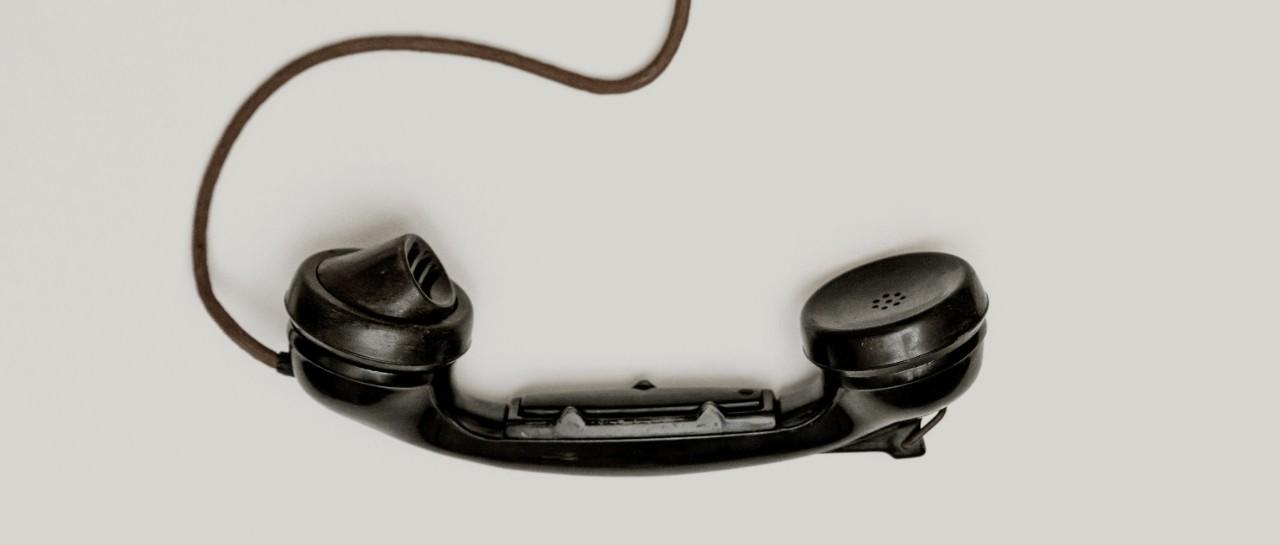
Are men or women less likely to get help for depression?
Peer reviewed by Dr Sarah Jarvis MBE, FRCGPLast updated by Danny ChadburnLast updated 21 Sept 2017
Meets Patient’s editorial guidelines
- DownloadDownload
- Share
- Language
- Discussion
When it comes to depression – and getting help for it – there are often key differences between men and women.
In this article:
To start with, fewer men are diagnosed with depression, according to the Royal College of Psychiatrists. The most recent statistics from the Office for National Statistics show 16.8% of UK men have symptoms of depression or anxiety, compared with 22.5% of women.
There are many reasons for this difference, ranging from brain anatomy to socio-cultural factors, including the fact women may feel more comfortable about going to their doctor with depression.
Men are also more likely to self-medicate with drink and/or drugs rather than seeking professional help. In fact, suicide rates are higher in men – the most recent figures from Samaritans show men aged 40-44 are the most likely to take their own lives.
Continue reading below
The depression gender differences
The underlying causes of depression are different for men and women. ‘In women, triggers can be hormonal, related to PMS, postnatal depression or menopause, for example,’ says Dr Monica Cain, a counselling psychologist at the Nightingale Hospital London.
Women may also shoulder a lot of responsibility both at work and at home – perhaps looking after children and elderly relatives as well as working full-time – which can leave little time for self-care, and may raise the risk of stress and depression. Body image issues due to social pressures are more likely to affect women, too.
Research published in the American Journal of Psychiatry found women are also more likely to become depressed in response to relationship and family problems, while in men, depression tends to be linked to financial and work events and a failure to meet goals.
‘Men are still under a lot of pressure to be strong and not show any signs of weakness, even when they’ve been through a difficult life event such as bereavement or relationship breakdown,’ says psychologist Emma Kenny. ‘This can mean they don’t process difficult feelings and they become depressed.’
However, Kenny believes there are reasons to feel more optimistic about attitudes towards mental health in general, and male mental health in particular. We are starting to see more open discussion about it, ‘but society still doesn’t react well to men talking about difficult feelings or being sad,’ she says.
Getting the right help
So far, research shows that response to treatment for depression is similar in men and women. But as fewer men seek help for their mental health or take part in studies on depression, it’s difficult for experts to know for sure that men benefit in the same way from treatment.
For both men and women, the recommended treatment for depression is talking therapy, usually cognitive behavioural therapy (CBT), which helps you manage your difficulties by changing the way you think and behave.
You may also be prescribed medication, usually selective serotonin reuptake inhibitors (SSRIs), which work by increasing levels of brain chemicals involved in mood and emotion. There’s now a growing awareness among experts that in some women, when depression is related to PMS or perimenopause, treatment with hormones may be more effective than antidepressants.
If you don’t feel ready for face-to-face therapy, the Royal College of Psychiatrists endorses the ‘Overcoming’ range of books, which take you through CBT exercises.
Continue reading below
Self-help for men and women
Alongside professional help, looking after yourself is really important. ‘Women are more likely to have support networks of friends they can confide in and that can make a big difference,’ says Kenny. She advises men try to find at least one person they feel comfortable opening up to. You may well find they confide in you, in turn.
Men can find it easier to talk while they’re doing something else. If you have a male partner with depression, it may be helpful to encourage them to talk about their feelings while you’re out walking, gardening or doing some DIY together.
Addressing depression doesn’t always have to involve lots of talking; what you do physically can also make a difference. Getting plenty of sleep, eating well and avoiding too much alcohol are all important factors.
Sport, exercise and other positive activities such as socialising or joining groups like a choir and dancing classes can help too. Above all, remember that depression can be beaten, in both men and women.
Patient picks for Depression

Mental health
Do supplements work for depression?
Many dietary supplements are marketed to people with low mood. But is there any evidence that taking them can make you feel better?
by Natalie Healey

Mental health
What it's like to work for a suicide prevention helpline
Opening up to anyone when you're in a vulnerable state can be difficult, let alone a faceless stranger on the end of a telephone line. But what's it like receiving these calls? We speak to two Samaritans volunteers about what they've learnt about the art of listening and helping those in need.
by Ashwin Bhandari
Article history
The information on this page is peer reviewed by qualified clinicians.
21 Sept 2017 | Latest version

Ask, share, connect.
Browse discussions, ask questions, and share experiences across hundreds of health topics.

Feeling unwell?
Assess your symptoms online for free
Sign up to the Patient newsletter
Your weekly dose of clear, trustworthy health advice - written to help you feel informed, confident and in control.
By subscribing you accept our Privacy Policy. You can unsubscribe at any time. We never sell your data.